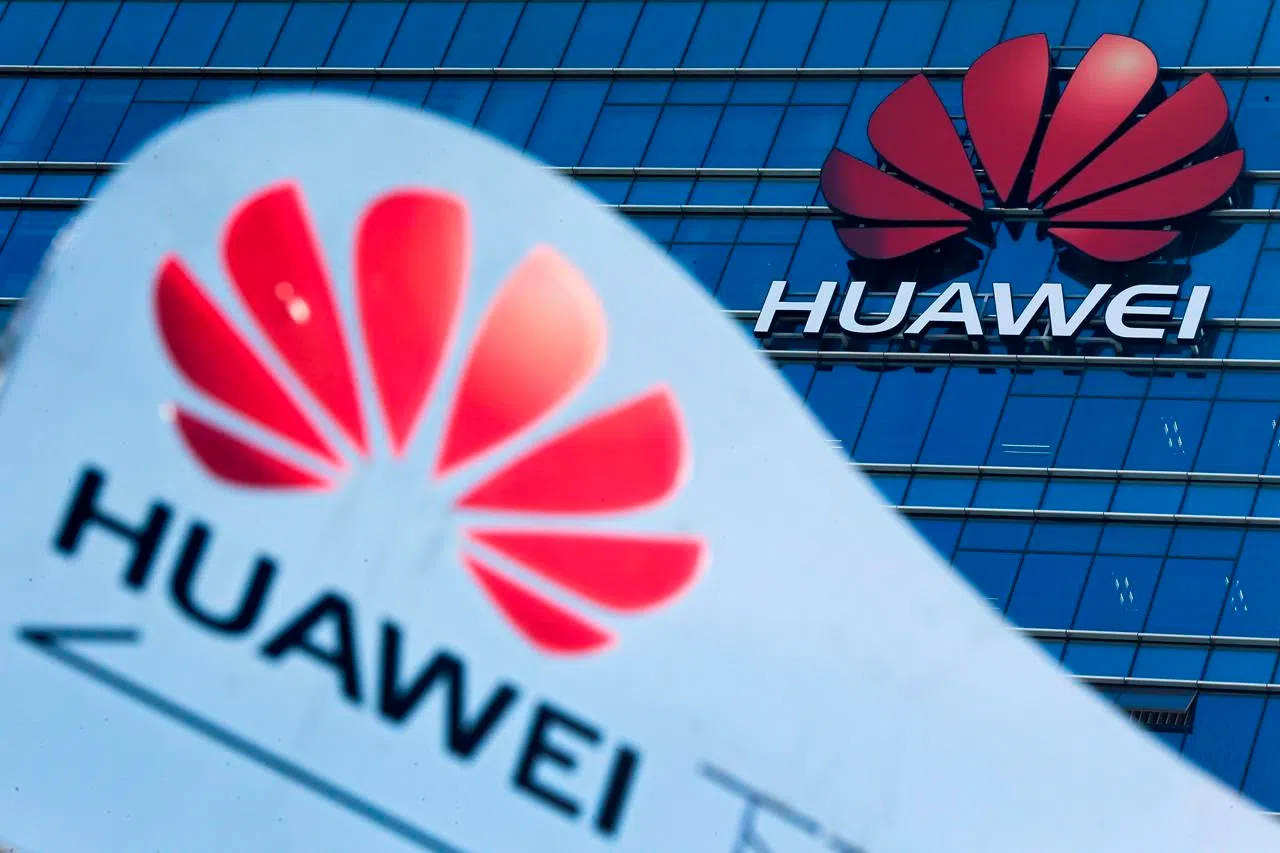
Five things about possible involvement of Huawei in Canada’s 5G networks
OTTAWA — Five things about the possible involvement of Huawei Technologies in Canada’s 5G mobile networks:
What is 5G?
The development of 5G — or fifth-generation — mobile networks will give users much faster connections and provide vast data capacity to meet the voracious demand for new applications, such as virtual reality, as people connect more devices to the internet.
In Canada, Huawei, Ericsson and Nokia are among the leading contenders to help telecommunication firms such as BCE and Telus to build 5G networks. But it’s not happening that quickly. The federal government plans to auction spectrum for 5G networks in 2020.


